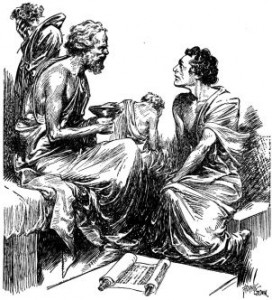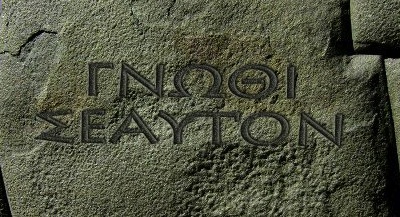
The primary role of an instructor is to transform a novice into an expert within a given subject area. – Cooper (1990)
The above quote comes from a paper on instructional design by Graham Cooper. I don’t quite agree with it entirely since it does not seem to allow for a well rounded view of a student as an individual, or the Socratic ideal, but it does seem applicable to the more strictly academic areas in the middle school curriculum.
In order to figure out what distinguishes experts from novices, cognitive scientists have spent a lot of time observing the two groups. Their key finding has been that as you become an expert on a topic, you construct mental pictures (or schemes) of the shapes of problems, so when you encounter a new problem you can just fit the new problem to the mental pictures you have and see which best fits. It’s a bit like learning rules of thumb that apply to different situations. When a problem comes up, the expert can quickly whip out the right rule of thumb from their mental back pocket while the novice, though equally smart, needs to figure out all the steps with some degree of trial and error.
This is a nice perspective when it comes to teaching something like solving equations, but I think one important distinction of the Montessori philosophy is the belief that adolescents should also be learning flexibility, and be capable of dealing with novel problems. Because adolescence is when students are just becoming able to think abstractly (at least according to Paiget), and abstract thinking needs to be practiced, it is necessary that students encounter novel, challenging problems on a regular basis.

A lot of creative and problem solving thinking comes from hashing out new problems. In a globalized world, where technology is capable of dealing with routine tasks, be they constructing a car or solving a series of equations, creative problem solving is becoming a more and more valuable skill. Especially now that “The World is Flat“.
